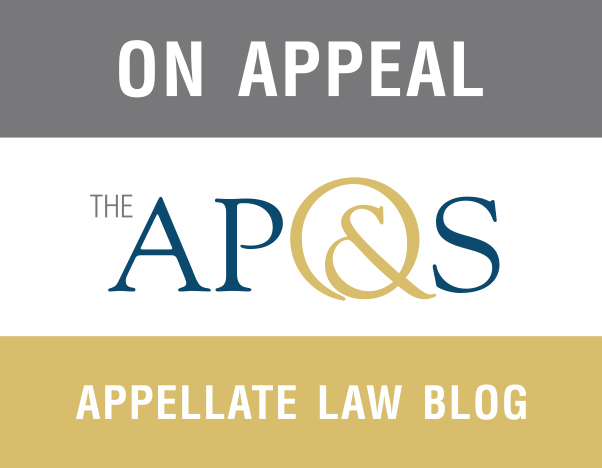The raise or waive rule, arguably one of the most important rules of appellate practice, is strictly adhered to by the Rhode Island Supreme Court.
Pursuant to the raise or waive rule, which is applicable in both civil and criminal cases, “an issue that has not been raised or articulated previously at trial is not properly preserved for appellate review.” State v. Moten, 2008-51-C.A. at 9 (citing State v. Gomez, 848 A.2d 221, 237 (R.I. 2004)); State v. Figuereo, 31 A.3d 1283, 1289 (R.I. 2011)). The purpose behind the rule is to prevent appellate review of “‘issues that were not presented to the trial court in such a posture as to alert the trial justice to the question being raised.’” Id. (quoting Figuereo, 31 A.3d 1283, 1289 (R.I. 2011).
In a decision this term, the Rhode Island Supreme Court reminded practitioners of its adherence to the raise or waive rule. Id. In so doing, the Court noted that it “‘staunchly adhere[s]’ to this procedural principle. Id. (quoting Figuereo, 31 A.3d at 1289). The rule is not “‘some sort of artificial or arbitrary Kafkaesque hurdle.” Id. (quoting DeMarco v. Travelers Insurance Co., 26 A.3d 585, 628 n.55 (R.I. 2011)). Rather, “the rule serves as an ‘important guarantor of fairness and efficiency in the judicial process.’” Id. (quoting DeMarco, 26 A.3d at 28 n.55).




